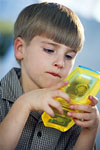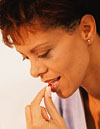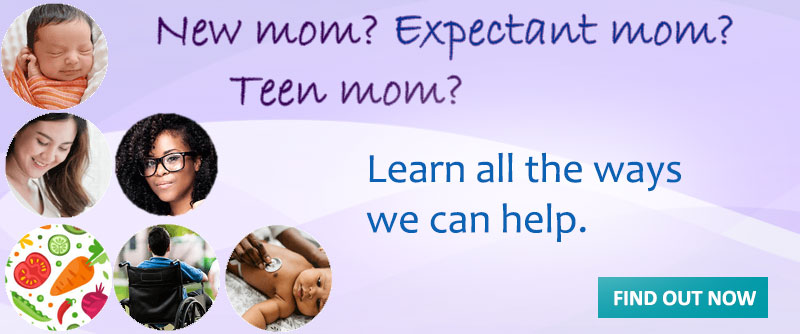More than 90% of child and adult poisonings occur in the home.
You can avoid accidental poisonings by safely storing the dangerous substances in your home.
Protecting Children

The most common causes of poisoning among young children are:
Protect children by taking sensible precautions:
- Be prepared: Put the poison help center number, 1-800-222-1222, near every telephone and save it on your cell phone. The line is open 24 hours a day, 7 days a week.
- Store all medicines and household products out of reach and out of sight of children. Don't put your next dose on a surface where children can reach it – it only takes seconds for a child to take it.
- Read labels to find the correct dosage for medicines, and to learn about possible drug interactions. Obey the instructions for safe use on chemical container labels.
- Don’t keep it if you don’t need it. Safely dispose of unused, unneeded, or expired prescription drugs and over the counter drugs, vitamins and supplements. To dispose of medicines, mix them with coffee grounds or cat litter and throw them away. You can also turn them in at a local take-back program or during National Drug Take-Back events.
- Be aware of lead hazards: A major source of lead poisoning among U.S. children is lead-based paint. All houses built before 1978 are likely to contain some lead in the paint, and it becomes dangerous when it is flaking or peeling. Other sources of lead around the home may include traditional home remedies, ceramics, metal toys and toy jewelry, lead-contaminated soil, and water pipes. Find out more
Protecting Adults

Common causes among adults are pain relievers, prescription drugs, sedatives, cleaning products, and antidepressants.
For More Information
- Poisoning Prevention from the CDC
The American Association of Poison Control Centers has many poisoning prevention tips:

